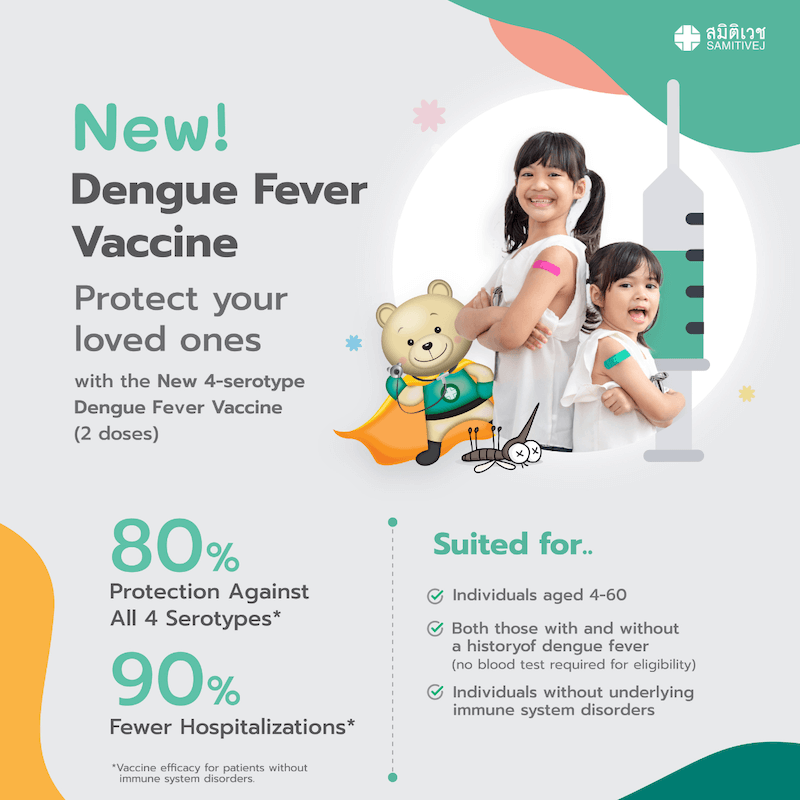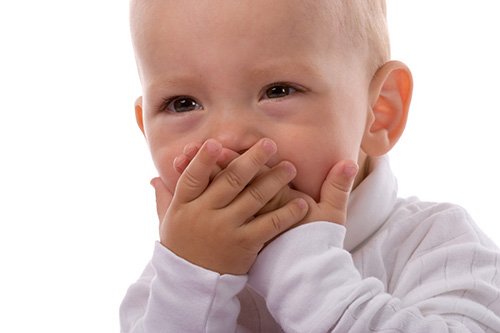Tooth decay is a major oral health problem in children. It is caused by several factors, including feeding habits, food intake, cleaning methods and tooth structure. However it is caused, tooth decay leads to ongoing problems. Here’s what you need to know about tooth decay so that you can promote dental health for your baby.
Breast milk or infant formula is a baby’s main source of nutrition. Milk does not cause tooth decay (except sweetened milk), but tooth decay at this age is caused from:
• Putting a baby to sleep with a bottle, feeding a baby at night, and filling your baby’s bottle with syrup
• Poor oral cleaning
• Destruction of the outer surface of the teeth – the surface of a baby’s new teeth is not strong, and minerals are required to build strong teeth
The above factors can cause tooth decay over a period of time (in accordance with the order of tooth growth). Tooth decay affects a baby’s overall health. It can cause pain, swelling and infection. This causes the baby to lose his/her appetite which results in nutritional deficiencies that hinder physical and cognitive development. More importantly, the baby may be scared of going to the dentist at a very young age.
Facts
• When feeding the baby with the bottle, the bottle nipple sits on baby’s tongue and will leave the milk behind the upper front teeth. This is difficult for baby’s saliva to wash away all the milk left on the teeth. During the night, the saliva flow is reduced even further, resulting in an accumulation of plaque on the surface of the baby’s teeth and ultimately causing decay.
• By the age of 6 months, the baby can sleep through the night (when the first tooth comes) because his/her stomach has expanded, so he/she does not need to be fed during the night.
Information from Dentists
White spots on the teeth (that cannot be removed) may be an early sign of tooth decay. These white spots are caused by bacterial plaque that forms on the teeth. If left untreated without proper cleaning, the white spots will become pitted and turn brown, black or yellow. However, brushing the teeth with fluoride toothpaste will make the enamel harder and more resistant to decay.
Caring for your baby’s teeth
You should take your baby to the dentist for the first time when the first tooth comes or during the first year of age so as to seek appropriate advice about dental and oral care. It’s never too late for the dentist to fix tooth decay. However, you should aim to prevent decay from developing in the first place by caring for your baby’s teeth as follows:
Brushing teeth
Children between 1-3 years generally refuse to have their teeth brushed. However, you can teach your child to clean his/her teeth with the following techniques:
• Slow, easy steps will be more successful than fast ones, such as starting by having your child sit on your lap when brushing his/her teeth, or wrapping your child in a sheet to stop him/her from squirming and moving (if you alone).
• Teach your child to clean his/her teeth similar to have a shower, and wash his/her hair as part of a routine.
• Before the teeth start to grow through, you should gently wipe your baby’s gums, roof of the mouth, tongue and inside of the cheeks with a soft wet wash cloth. When the first tooth comes, you should then start to brush your baby’s teeth with a small amount of fluoride toothpaste.
Milk
• Feed your baby only at designated meal times.
• Just because your baby wakes up at night, it does not mean that he/she is hungry. He/she may have had a bad dream or feel unwell. Young children always cry when something upsets them and it’s a natural reaction. Gently pat your baby’s bottom to calm him/her down and help him/her go back to sleep.
Food
• Choose foods for healthy teeth, including foods high in protein, vitamins, and fibre such as carrots or sandwiches.
• Restrict the intake of sugars and starches in each meal because they cause tooth decay. For example, a child may be allowed to have ice-cream within 20 minutes after a main meal, but then after that, he/she should drink some water to rinse the mouth.
By Wichuda Booranalertphaisan, D.D.S., Paediatric Dentist at Samitivej International Children’s Hospital – Srinakarin Campus













